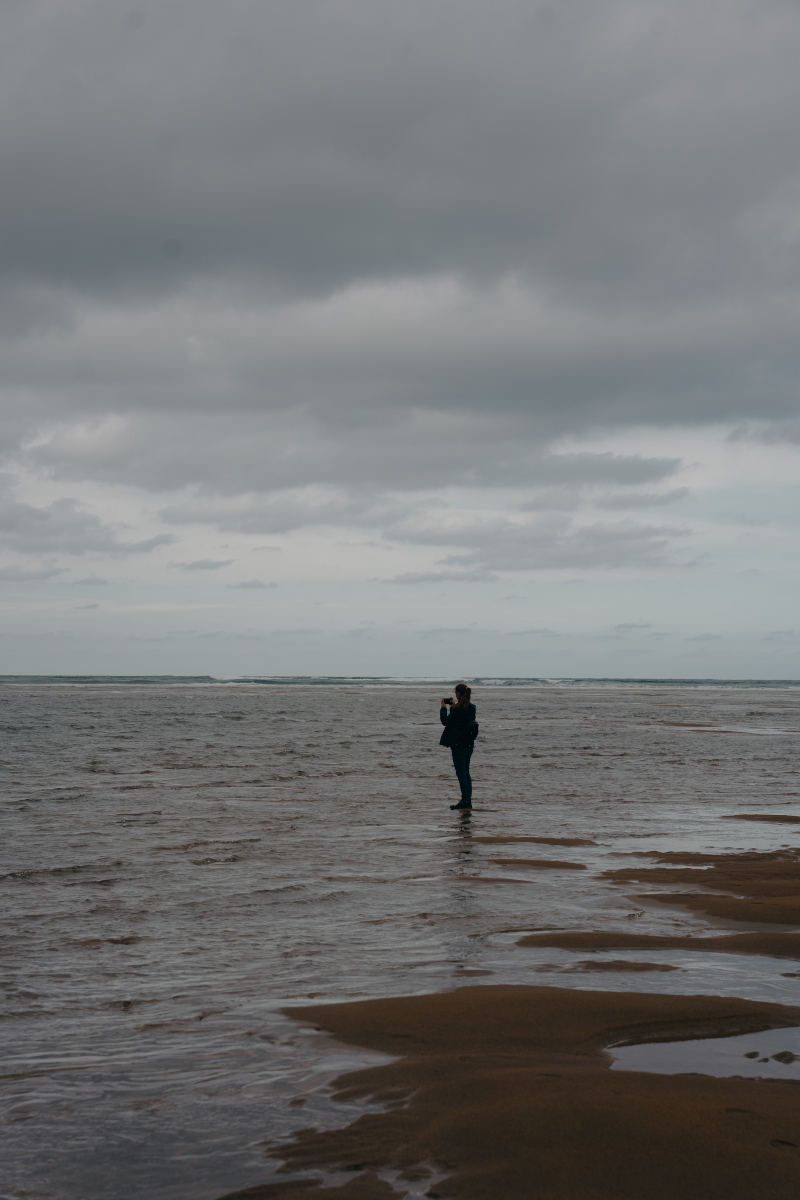
Photo and Text © Gorka Nadal and C.M. Cordeiro 2025.

October 9, 2025 | Urdaibai Biosphere Reserve, Spain
As part of the iCOSHELLs project’s second annual meeting in Bilbao, participants from across Europe embarked on a field visit to one of Spain’s most remarkable coastal landscapes: Laida Beach in the Urdaibai Biosphere Reserve. Hosted by our partner GAIA in Bilbao, Spain, this excursion highlighted the critical connections between soil health, biodiversity conservation, and sustainable land management in coastal ecosystems.
About iCOSHELLs
The INNOVATIVE CO-CREATION SOIL HEALTH LIVING LABs (iCOSHELLs) project, led by RISE Research Institutes of Sweden, represents a groundbreaking EU Horizon Europe initiative dedicated to restoring Europe’s degraded soils. With 60–70% of European soils classified as unhealthy due to pollution, urbanization, and intensive agriculture exacerbated by climate change, the €12 million project brings together 36 partners across Europe to develop, test, and scale innovative soil recovery solutions through six Soil Health Living Labs.
Our Hosts: GAIA – Catalyzing Innovation in the Basque Region
GAIA, the Industry Association of Applied Knowledge and Technologies, stands as a pivotal force within the Basque Country’s industrial landscape. For over three decades, beginning in the early 1990s, this cluster organization has forged strong partnerships with regional government bodies, functioning as a vital bridge connecting industry needs with available resources while championing policies that support industrial modernization.
In recent years, GAIA has been instrumental in shaping and executing the regional innovation framework known as the EUSKADI 2030 Science, Technology and Innovation Plan (STIP). As digital transformation has emerged as a fundamental enabler across all industrial sectors in the Basque region, GAIA has significantly expanded its collaborative networks, both with governmental entities and with cluster organizations at regional and international levels.
The organization has demonstrated forward-thinking leadership by extending its digital transformation capabilities beyond its traditional membership base, welcoming companies from diverse clusters. Through the creation of strategic alliances between public institutions and private enterprises, GAIA has established an effective mechanism for translating industrial transition strategies into practical action while ensuring that policy initiatives align closely with the real-world requirements of small and medium-sized enterprises.
This extensive track record in fostering innovation ecosystems and building collaborative frameworks positioned GAIA as the natural choice to host our second annual consortium meeting and to lead the coordination efforts for the Basque Living Lab.
The Basque Living Lab Experience
GAIA expertly coordinated our Day 2 field visit, which began with a warm reception by the Mayor of Forua City Council, followed by an immersive exploration of the Basque Living Lab’s experimental sites. The journey through this UNESCO Biosphere Reserve showcased the region’s commitment to sustainable agriculture and ecological conservation.
Laida Beach: A Coastal Gem
Laida Beach, nestled within the Urdaibai estuary, offered participants a unique perspective on coastal soil dynamics and their role in broader ecosystem health. This pristine stretch of golden sand is more than just a scenic destination, it is a living laboratory where terrestrial and marine ecosystems intersect.
Why Laida Matters for Soil Health
The visit to Laida Beach illuminated several critical aspects of soil health in coastal environments:
- Dune ecosystems: The beach’s sand dune systems demonstrate natural soil stabilization processes and the importance of native vegetation in preventing erosion, lessons directly applicable to agricultural soil management.
- Wetland transitions: The transition zones between beach, dune, and wetland areas showcase diverse soil types and their roles in water filtration, carbon sequestration, and biodiversity support.
- Sustainable tourism: Laida exemplifies how responsible land management can balance ecological preservation with community needs, a principle central to the Living Lab approach.
Connecting Coastal Lessons to Agricultural Innovation
The insights gained from Laida Beach complement the experimental work being conducted at the Basque Living Lab’s agricultural sites. The natural resilience observed in coastal ecosystems, where vegetation stabilizes soil, organic matter accumulates, and biodiversity thrives, offers inspiration for regenerative agricultural practices.
Following the beach visit, participants continued to San Fidel School for an interactive ”Soil Literacy Game” escape room, translating field observations into educational tools that can engage broader communities in soil health awareness.
The Living Lab Methodology
The iCOSHELLs project redefines the concept of Living Labs by emphasizing real-world application and broad collaboration. The Basque Living Lab, coordinated by GAIA and supported by organizations including Euskampus Fundazioa, ESKILARA, and the Ayuntamiento de Forua, exemplifies this approach by integrating:
- Scientific research from leading institutions
- Practical agricultural innovation
- Community engagement and education
- Policy development and stakeholder collaboration
- Cultural and environmental heritage preservation
GAIA’s decades of experience in bridging innovation and implementation, connecting research with industry, and aligning stakeholder needs with policy measures brings invaluable expertise to the Living Lab model. Their approach to facilitating industrial transition in the Basque Country provides a proven framework for the agricultural transformation needed to restore soil health.
Building on Progress Since Gothenburg
Since our kick-off meeting in Gothenburg last year, the iCOSHELLs consortium has made notable strides in establishing all six Living Labs and initiating experimental work across diverse European landscapes. This second annual meeting in Bilbao provided an opportunity to review first-year achievements, share learnings across Living Labs, and strengthen the collaborative networks that make this ambitious project possible.
Looking Ahead
As the iCOSHELLs project continues through its four-year timeline (2024–2028), the Basque Living Lab, along with five other Living Labs across Sweden, Greece, Bulgaria, Italy, and Spain, will continue developing and testing solutions for soil restoration under the leadership of RISE Research Institutes of Sweden. The lessons learned from diverse environments, from Laida’s coastal dunes to intensive agricultural zones, will inform evidence-based policy recommendations and scalable practices for improving soil health across the European Union.
The visit to Laida Beach, expertly facilitated by our hosts at GAIA, reminded all participants that soil health is not an isolated agricultural concern, it is intrinsically connected to our entire environment, from the foods we grow to the coasts we cherish. Through collaborative initiatives like iCOSHELLs, leveraging the expertise of organizations like GAIA that understand how to bridge innovation and implementation, we are building a future where healthy soils support thriving ecosystems, resilient communities, and sustainable prosperity.
The iCOSHELLs project (Grant Agreement ID: 101157394) is funded by the European Union’s Horizon Europe programme under the topic ”Co-creating solutions for soil health in Living Labs.” The project is coordinated by RISE Research Institutes of Sweden AB.
Learn more: Visit the project page on the EU CORDIS database or contact the consortium partners to discover how Living Labs are transforming soil health across Europe.
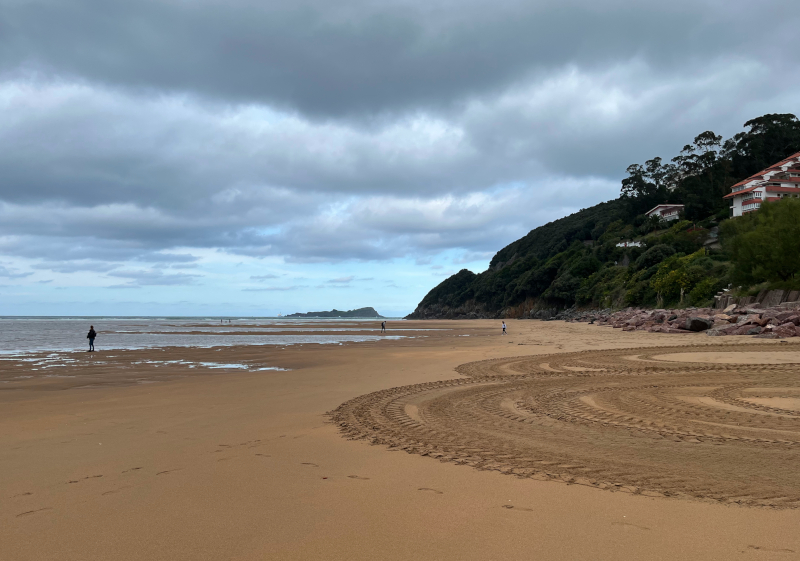
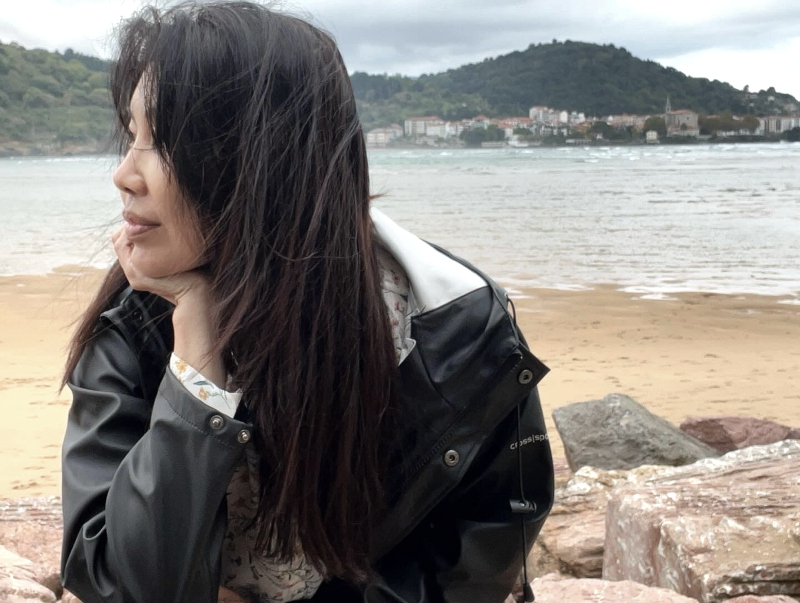
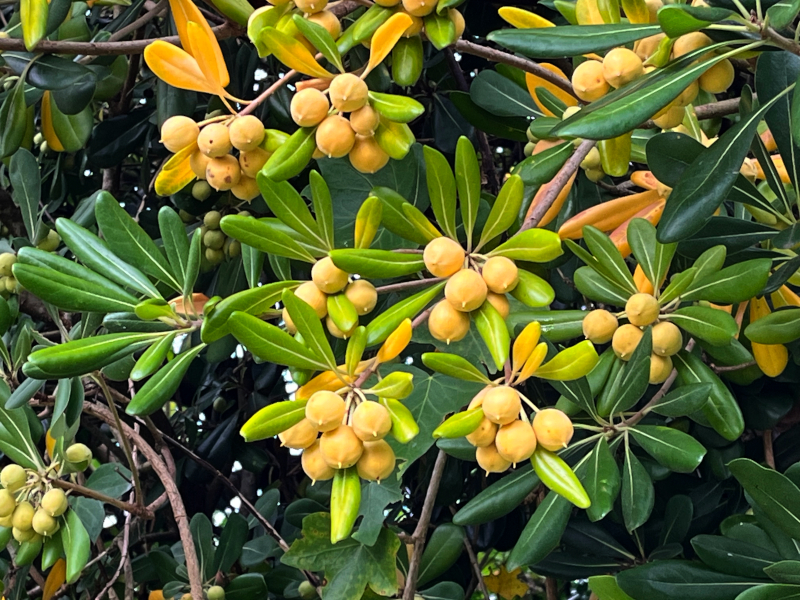
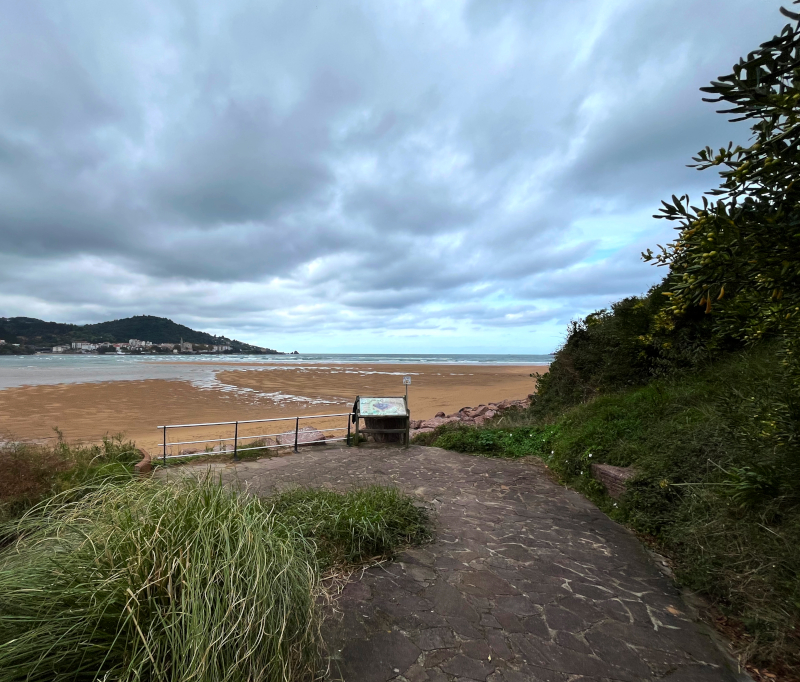
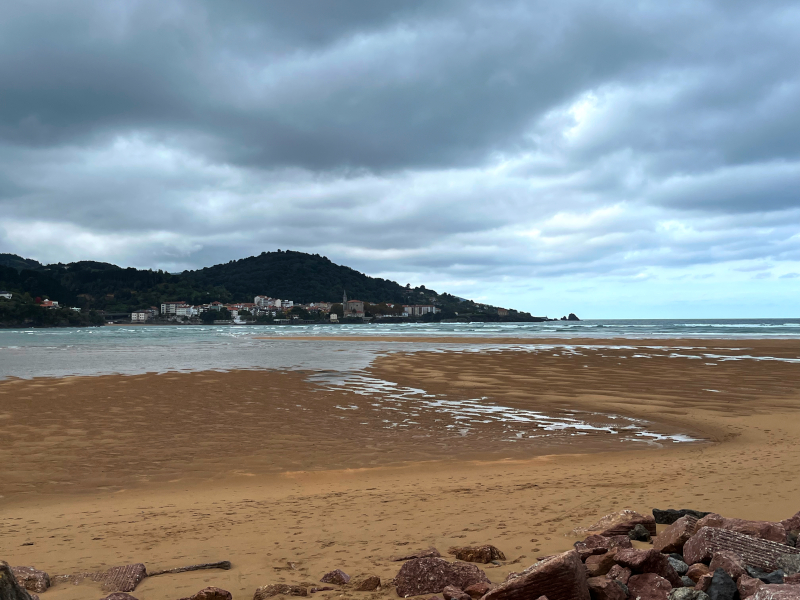

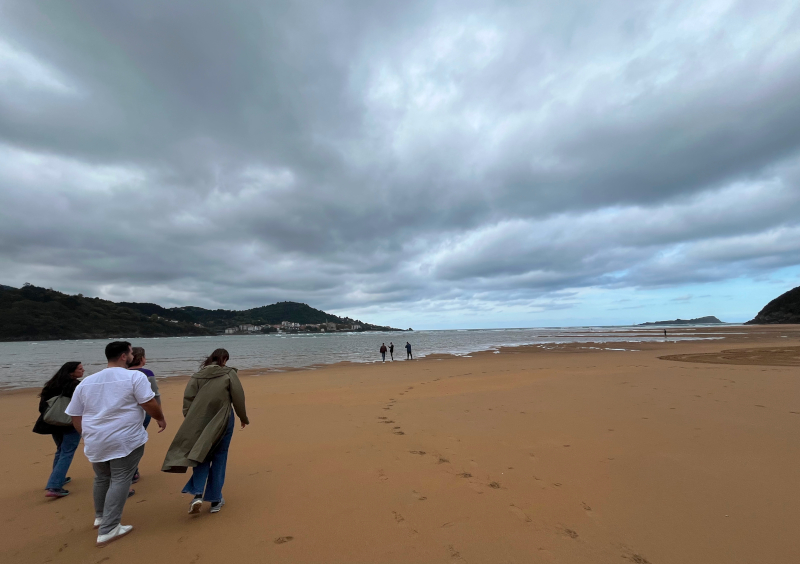
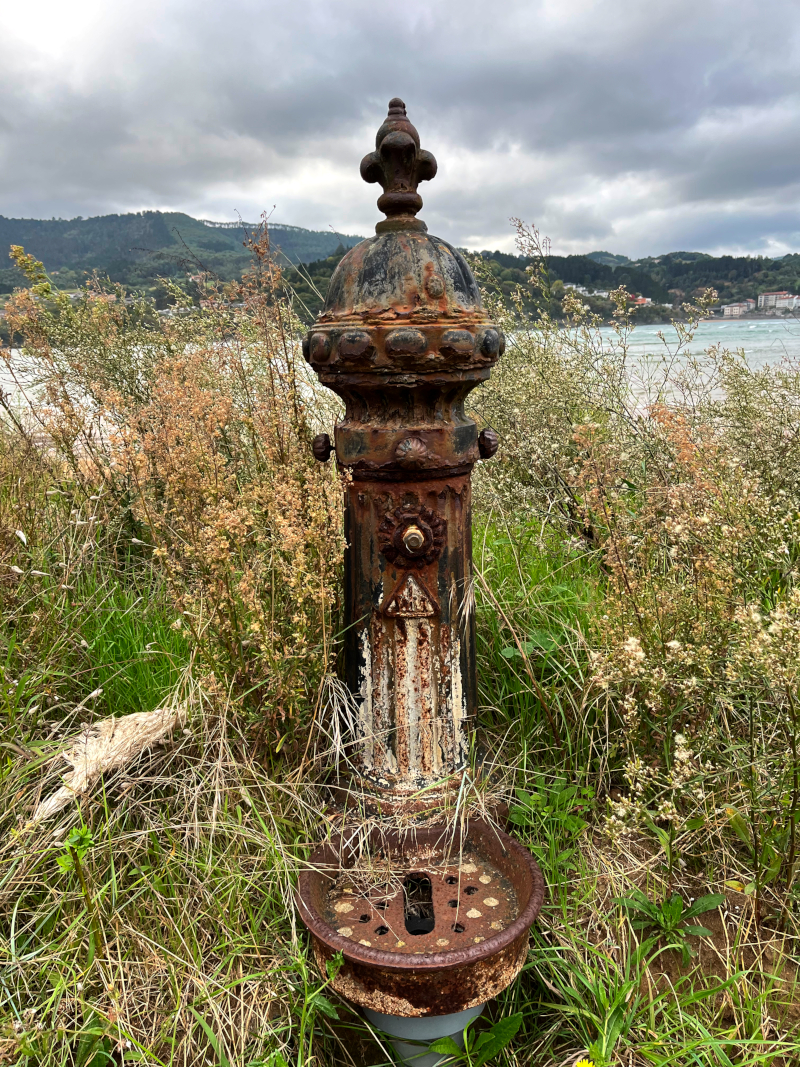
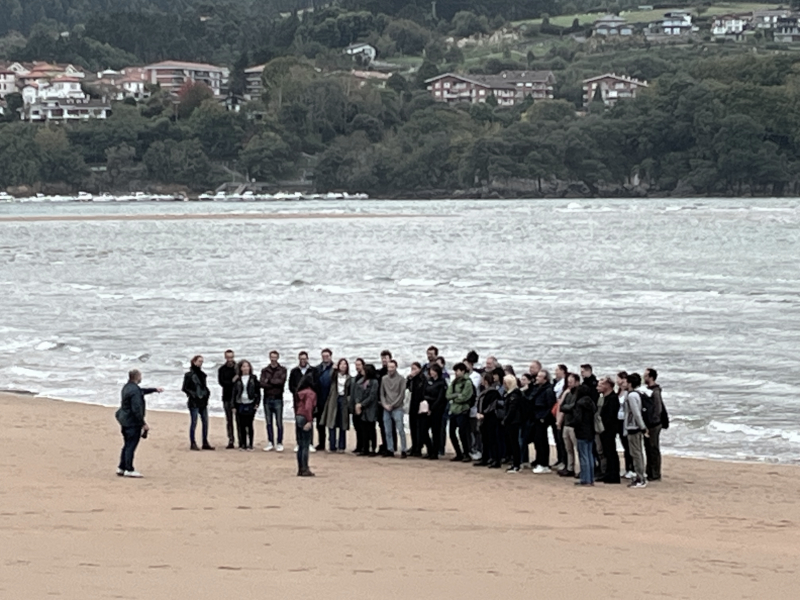
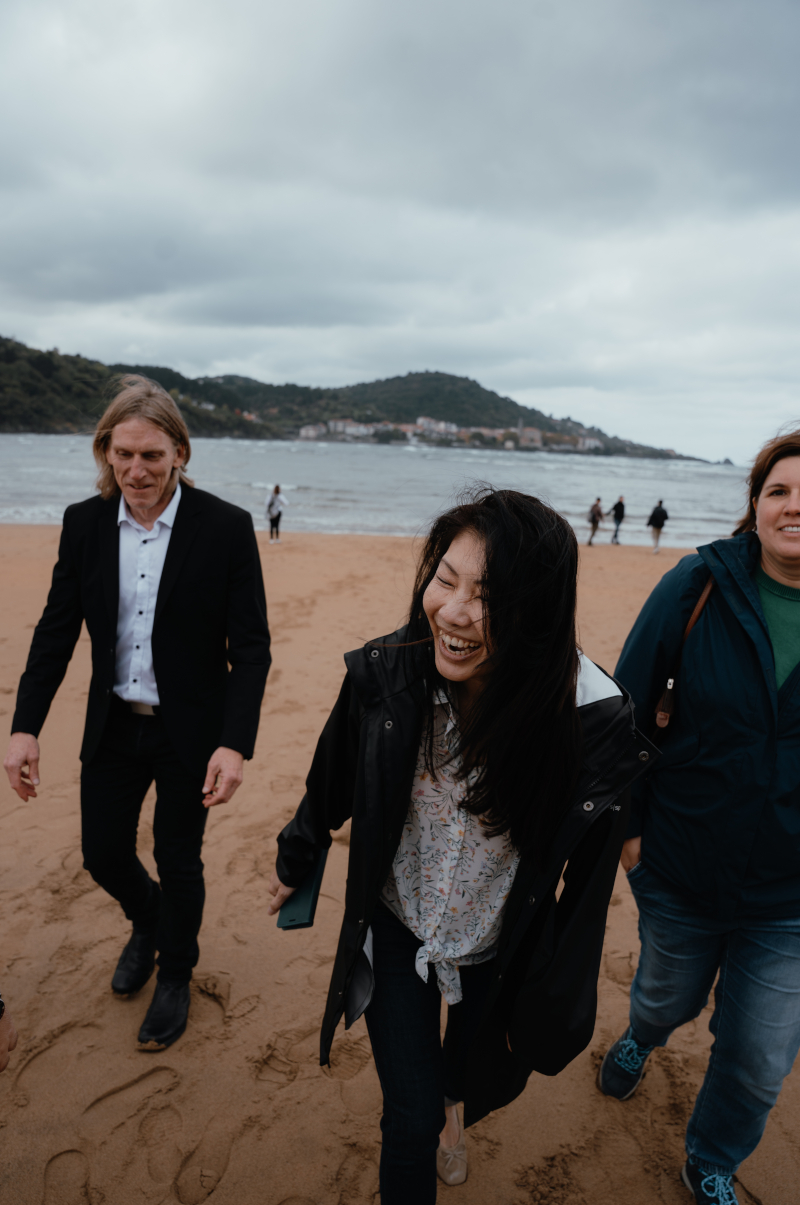
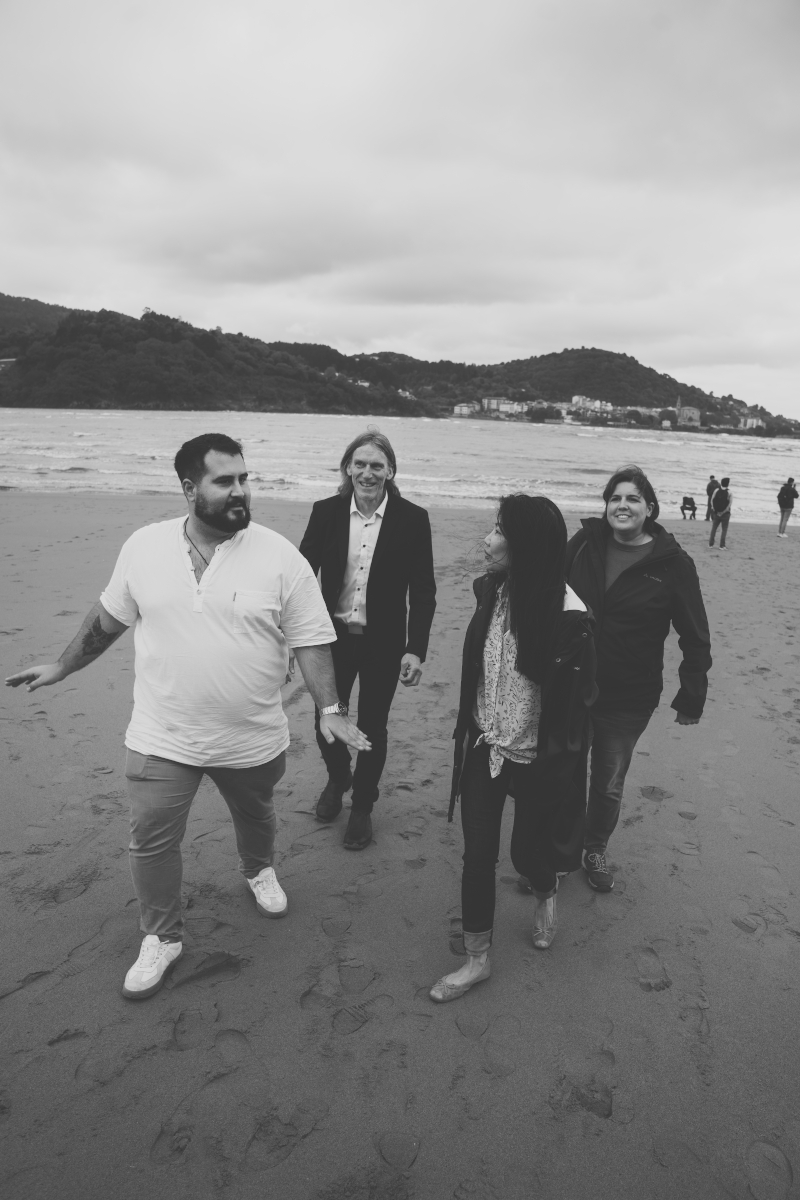
One thought on “Discovering Laida Beach: Where Soil Health Meets Coastal Conservation in the iCOSHELLs Basque Living Lab”
Comments are closed.